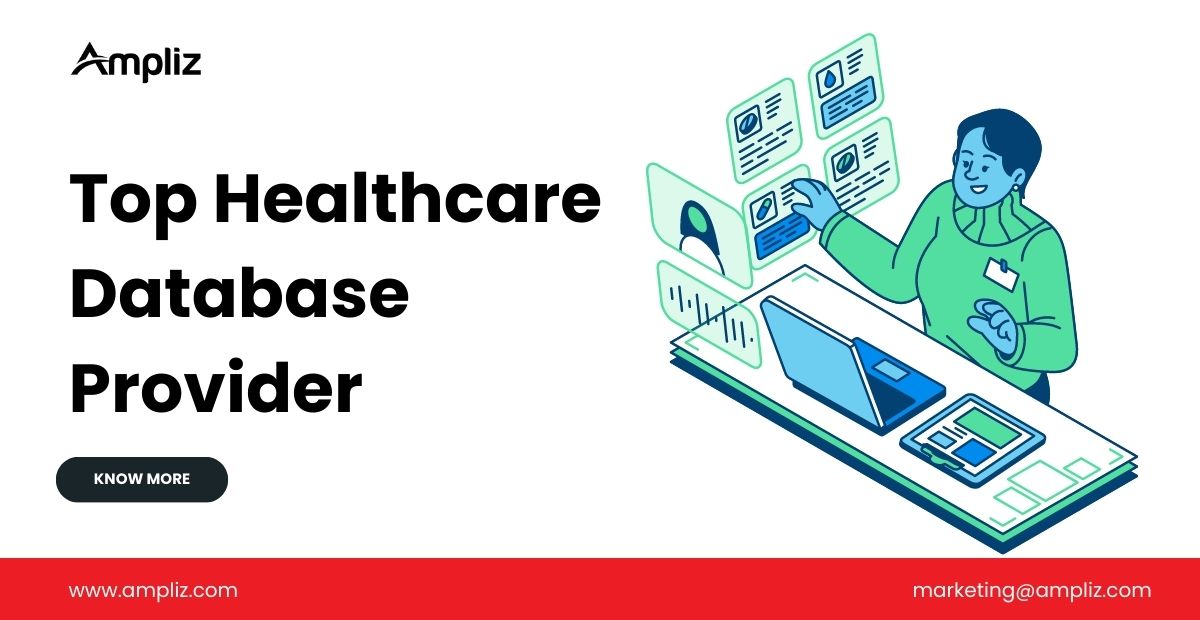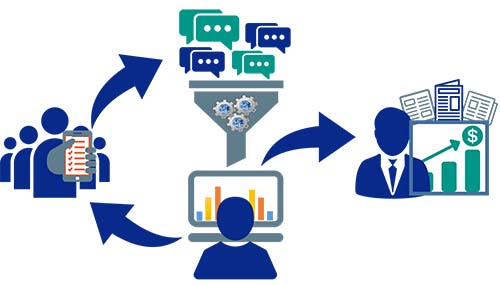Why Your Service Must Take Into Consideration a Managed Database Provider
Why Your Service Must Take Into Consideration a Managed Database Provider
Blog Article
Secret Attributes to Search For When Picking a Database Provider
Picking a database supplier is a vital choice that can significantly affect your company's information and operations monitoring strategy. Among the crucial functions to take into consideration are scalability options, which guarantee that your system can adjust to expanding demands. Safety measures, performance metrics, and client assistance also play essential duties in this evaluation process. As you consider these aspects, it ends up being evident that the option is not just regarding capability yet also about lining up with your long-lasting vision. What other factors to consider might influence this crucial choice?
Scalability Options
When picking a data source provider, comprehending scalability choices is important to making sure that the selected service can accommodate future growth. Scalability describes the capacity of a data source system to broaden its capability and performance in response to raised need. There are 2 main sorts of scalability: straight and vertical.
Vertical scalability, or "scaling up," entails boosting a single server's sources, such as CPU, RAM, or storage space. This method can be straightforward and cost-effective for smaller applications but might reach a limit where better upgrades are unwise or too expensive.
Straight scalability, or "scaling out," involves including a lot more servers to disperse the load. This approach permits for greater adaptability and can fit significant boosts in data quantity and user website traffic (database provider). It is especially advantageous for cloud-based data source services that can dynamically allot resources based upon demand

Safety And Security Measures

When assessing security measures, consider the application of file encryption protocols (database provider). Data-at-rest and data-in-transit encryption are vital to make certain that delicate info remains protected, also in case of a safety breach. Additionally, look for carriers that supply strong authentication devices, such as multi-factor authentication (MFA), to further boost gain access to control
Regular protection audits and conformity with sector criteria, such as GDPR or HIPAA, are a sign of a supplier's commitment to information security. Furthermore, make inquiries regarding their incident feedback plan; a durable plan can decrease the effect of any prospective safety and security case.
Performance Metrics
Reviewing performance metrics is crucial for organizations to guarantee that their chosen database copyright satisfies functional requirements. Secret efficiency metrics include action scalability, throughput, and time, which collectively identify the performance of database operations under differing lots.
Reaction time is important, as it reflects how swiftly the data source can process inquiries and return outcomes. Organizations ought to try to find metrics that show average reaction times during height and off-peak hours. Throughput, often determined in deals per 2nd (TPS), gives insight right into the database's capability to handle high volumes of requests without efficiency destruction.
Scalability analyzes the database's capacity to grow with the organization's needs. A robust database service provider ought to show straight and upright scaling capacities, enabling smooth changes as needs vary. Additionally, comprehending latency, especially in distributed systems, can help organizations evaluate the responsiveness of the database across various geographical areas.
Customer Support
Reliable consumer assistance is a foundation my review here of effective data source monitoring, supplying organizations with the assistance required to fix problems and optimize efficiency. When picking a database provider, evaluating the level of customer assistance they provide is important. A durable support group should consist of multiple networks of communication, such as phone, e-mail, and live chat, making certain that customers can access assistance whenever they need it.
Furthermore, responsive assistance groups that are offered 24/7 greatly boost the reliability of the data source service. Trigger response times and effective resolution of concerns can significantly minimize downtime and increase general performance. It is also useful to consider the schedule of dedicated support employees, who can offer customized aid check over here based on a company's details needs.

Rates Framework
When considering a data source service provider, the rates structure is a crucial element that can dramatically impact a company's budget and general approach. A transparent and flexible pricing design is essential for lining up the data source costs with company demands - database provider. Organizations should assess whether the rates is based upon consumption, per individual, or a level price, as each version can generate various monetary effects over time
It is very important to evaluate any type of extra expenses associated with the supplier's services, such as information storage fees, deal prices, and support charges. Some carriers may provide tiered prices, permitting scalability as the organization grows, while others may enforce strict limits that could end up being expensive as data demands boost.
In addition, companies need to take into consideration the long-term worth of the database option. While reduced first rates can be enticing, they might have a peek at this site not make up future upgrades, upkeep charges, or combination expenses. Carrying out a detailed cost-benefit evaluation will certainly assist recognize one of the most appropriate prices structure that balances scalability, assistance, and efficiency, eventually guaranteeing that the selected data source copyright straightens with the company's monetary and operational objectives.
Conclusion
To conclude, choosing a database provider demands cautious consideration of numerous essential functions. Scalability options make certain flexibility to future growth, while durable safety steps safeguard delicate information. Reviewing performance metrics enables the recognition of effective databases, and accessible consumer assistance improves the overall customer experience. A clear prices structure further adds to educated decision-making. By extensively evaluating these factors, companies can make calculated options that align with their functional needs and long-term purposes.
Choosing a data source company is a vital choice that can significantly impact your organization's procedures and data management technique.When picking a data source company, recognizing scalability options is important to making sure that the chosen service can fit future development. When selecting a data source service provider, reviewing the level of consumer support they use is important.When considering a data source provider, the rates structure is a critical element that can significantly affect an organization's spending plan and general technique. Conducting an extensive cost-benefit evaluation will certainly help determine the most ideal prices framework that balances support, efficiency, and scalability, ultimately ensuring that the picked data source supplier lines up with the organization's operational and economic goals.
Report this page